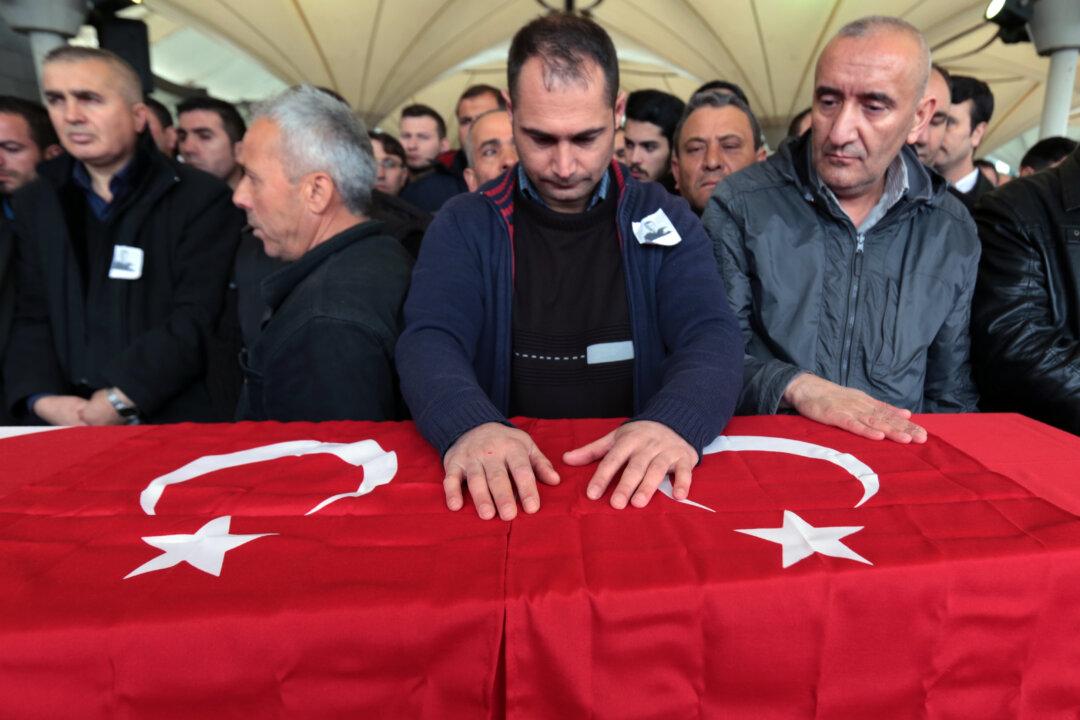The Islamic State in Iraq and Syria (ISIS) group appears to have stepped up its war with the Kurds by bombing a meeting of socialist activists as they gathered in the town of Suruç, Turkey. The incident is not only a terrible blow to the Kurds, but also threatens further unrest in Turkey, where a failure to act over ISIS has already caused significant tension.
The activists belonged to the Federation of Socialist Youth Associations. Most were university students en route to Kobani, Syria. There, they planned to deliver books to local children and help rebuilding efforts. The explosion killed 32 activists and injured another 100.
Although ISIS has not yet officially claimed responsibility for the massacre, Turkish Prime Minister Ahmet Davutoglu stated that there was a “high probability” that it was carried out by the group. With this attack, ISIS was identifying a new target—the nationwide Turkish network that supports the Kurdish resistance in Syria.
